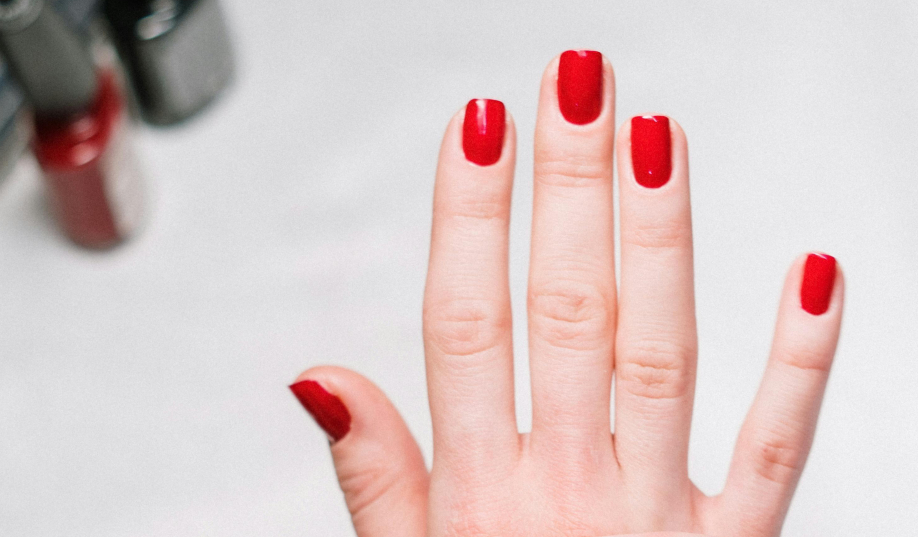The Best Ways to Soothe Sensitive Skin: Causes and Remedies

© freepik
Do you struggle with sensitive skin that easily becomes irritated or inflamed? Sensitive skin can be caused by a variety of factors, including genetics, environmental factors, and skincare products. It can be frustrating to deal with redness, itching, and discomfort on a daily basis. Finding the right products and skincare routine can be a challenge when dealing with sensitive skin. Luckily, there are ways to soothe and calm your skin without causing further irritation.
What Is Sensitive Skin?
Sensitive skin is a prevalent condition characterized by heightened reactivity, making the skin more susceptible to reactions like redness and itching. Individuals with sensitive skin often experience symptoms such as itching, burning, and stinging on various parts of their skin, either occasionally or regularly. These symptoms may necessitate a consultation with a dermatologist for proper diagnosis and management. Additionally, sensitive skin can be triggered by various factors such as certain skincare products, environmental factors, and underlying skin conditions, requiring tailored care to alleviate discomfort and maintain skin health.

What Causes Sensitive Skin?
Sensitive skin can be caused by the following:
Dry Skin
This occurs when the skin loses moisture and natural oils, leading to symptoms like itching, flaking, and redness. It is common in areas like hands, feet, arms, and legs. Treatment involves moisturizing with products suited for sensitive skin, such as fragrance-free creams.
Eczema
Also known as atopic dermatitis, affects the skin’s protective barrier, resulting in dryness, itching, and red patches. Management includes moisturizers with ceramides and hypoallergenic detergents. Irritant contact dermatitis manifests as a red, itchy rash due to skin contact with irritants. Treatment involves avoiding triggers and using steroid creams.

Some other possibilities might include:
- Allergic contact dermatitis. It is an allergic reaction to specific substances, leading to redness, itching, and blisters. Avoiding allergens and using antihistamines can help.
- Rosacea. It causes facial redness and sensitivity, managed with prescription creams and gentle skincare products.
- Contact urticaria (hives) and physical urticaria. They result from direct contact or physical stimuli, treated with antihistamines and avoiding triggers. Photodermatoses are a reaction to sunlight, managed with sunscreen and protective clothing.
- Cutaneous mastocytosis. It involves excessive mast cells in the skin, managed with antihistamines and avoiding triggers.
- Aquagenic pruritus. It is a rare condition causing itchiness upon water contact, requiring medical consultation for management.
How to Treat Sensitive Skin
To help alleviate the discomfort of the sensitivity, you can try to adopt these lifestyle changes:
- Opt for brief, lukewarm showers.
- Steer clear of harsh exfoliants and astringents.
- Choose fragrance-free, gentle soaps.
- Substitute perfumes with essential oils.
- Utilize fragrance-free laundry detergents and organic cleaning products.
- Always use shaving cream or gel.
- Pat skin dry gently after showering and promptly apply moisturizer.
- Prior to full use, test new products on a small skin area.
When Should You See a Doctor?
When home remedies fail to soothe the sensitivity, consulting a healthcare provider, especially a dermatologist, is crucial. They can assess for underlying conditions, like kidney disease, through targeted questions and tests, guiding further treatment.

What are some of your favorite ways to deal with sensitive skin?
Disclaimer: The information provided on this website is for general informational purposes only and is not intended as a substitute for professional advice, diagnosis, or treatment. Always seek the advice of your physician or other qualified health provider with any questions you may have regarding a medical condition.
You might also want to read: New Skincare Holy Grail: Is Cold Water Good for Your Skin?


